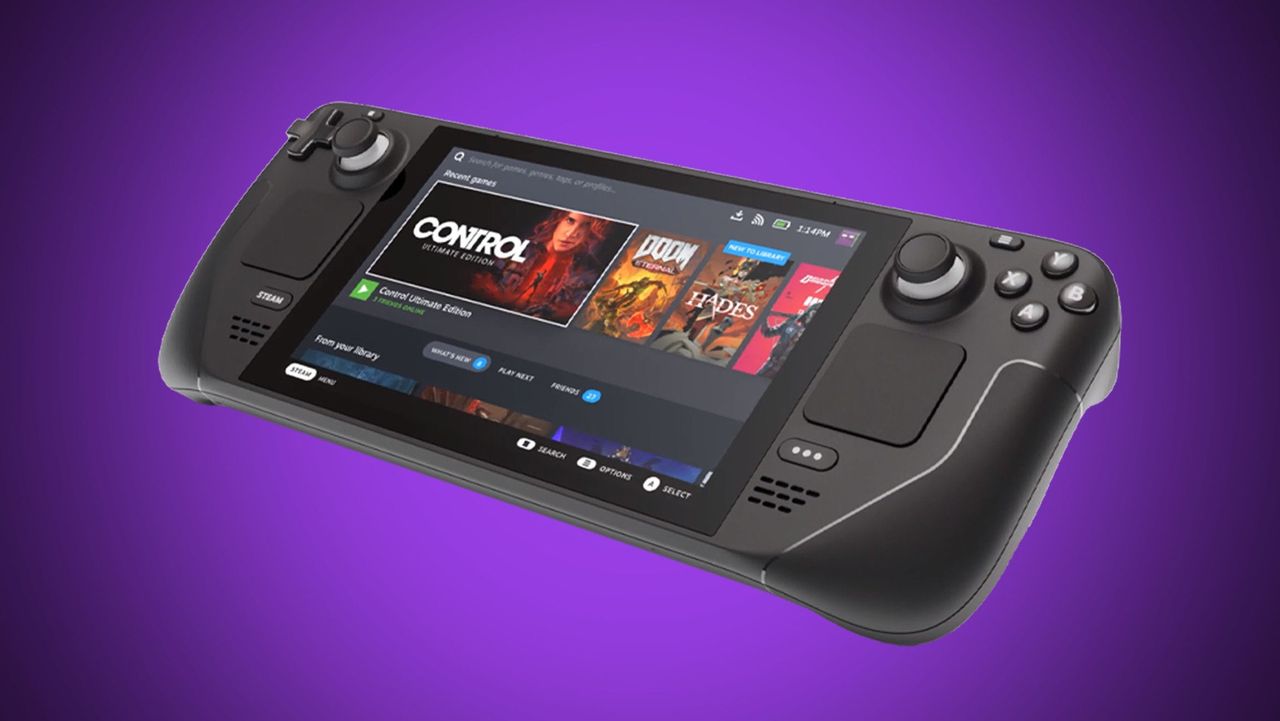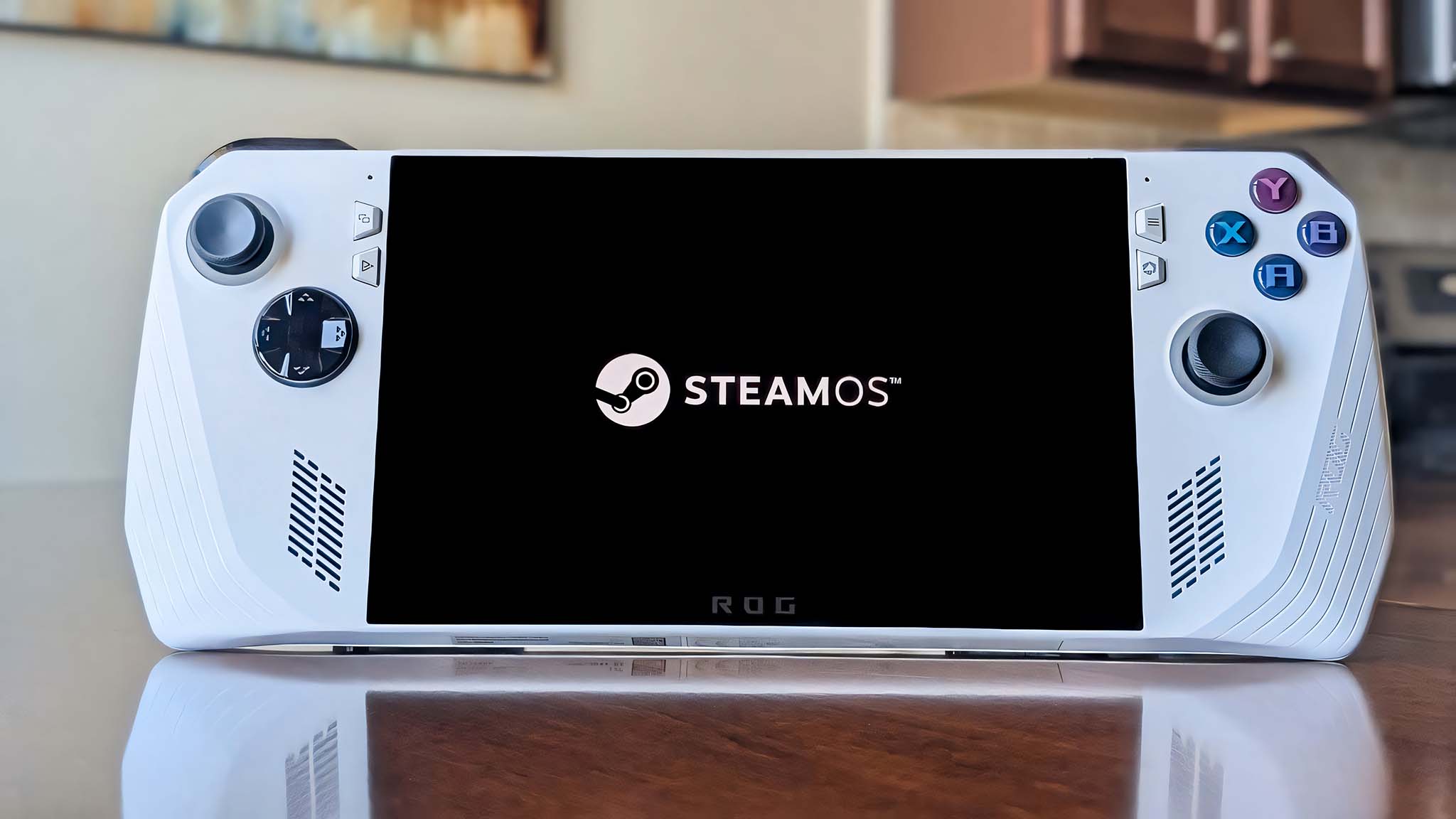
According to VideoCardz, a recent Steam survey reveals that 3.05% of Steam users are now using Linux – a new high. This is a significant increase from about 2% a year ago, and represents considerable progress for a platform that hasn’t traditionally been popular with gamers.
Windows is still the dominant operating system for Steam gamers, but its share has dipped slightly from around 95% to 94.84%. macOS usage is at 2.11%, which is a little more than anticipated considering it’s not typically the first choice for gaming.
While Linux still has a ways to go before it can truly challenge Windows as the go-to operating system for gaming, recent progress shows increasing interest from players, and could signal a change in how people think about operating systems for PC gaming.
What’s driving Linux’s gaming surge?

SteamOS is now used in about 27% of all Linux installations on Steam, which is a significant success. This shows the Steam Deck is attracting new players to Linux without requiring them to specifically choose it. While Linux still has a long way to go before it seriously challenges Windows, it’s definitely gaining traction, even if it’s happening gradually.
Changes at Microsoft – like their focus on AI, the upcoming end of support for Windows 10, and some frustrating design choices – might lead more PC gamers to consider other operating systems. Linux is becoming a viable option, especially as it’s showing impressive performance in some games and already works very well on portable gaming devices like the Steam Deck and Xbox Ally.
While the Steam Deck isn’t selling as many units as the expected Nintendo Switch 2, it’s still been a huge success, selling millions of devices since it came out. It’s also earned a lot of praise and is often used as a benchmark when new handheld gaming PCs are released.
SteamOS isn’t without its drawbacks. Some popular competitive games use anti-cheat software that works best on Windows, leading some gamers to stick with Windows if they play those titles. However, for most people, SteamOS is still a great choice for playing games on handheld devices.
If you primarily play single-player games, indie titles, or don’t focus on competitive multiplayer, the improvements to Proton are hard to miss. Proton lets you play Windows games on Linux, and now around 90% of games on Steam are playable on Linux in some way. While not every game runs flawlessly, the fact that most Windows games are now playable demonstrates how quickly Linux gaming has improved.
A recent video highlights that 90% of Windows games can now be played on Linux, thanks to compatibility layers like Proton and SteamPlay. This is great news for Linux gamers and users of devices like the Steam Deck. You can find more details here: https://t.co/41apiQBkoJ #linuxgaming #windows #compatibility #steamdeck #proton #steamplay (November 4, 2025)
Is Windows in trouble? Not yet
Windows remains the clear leader with about 95% of the market, and while Linux currently holds only 3%, that represents a noticeable increase in popularity. It’s unlikely to replace Windows anytime soon, but it does signal a changing trend.
I think the recent surge in PC gaming is finally getting Microsoft to really focus on Windows for gamers. The Xbox Ally is a big sign of that – it’s basically Windows, but streamlined and designed to feel more like a console. It’s not quite there yet, and still feels a little like a work in progress, but it’s awesome to see Microsoft recognizing they need to evolve to stay competitive in the gaming world. It feels like a first step towards a really dedicated gaming version of Windows, and I’m excited to see where they take it.
The real question isn’t if Linux will soon replace Windows, but whether increasing dissatisfaction among gamers, combined with the booming popularity of handheld gaming devices, could finally create a major breakthrough for Linux.
FAQ
What is SteamOS?
SteamOS is the Linux operating system created by Valve and used on their Steam Deck handheld console. It’s become quite popular among Steam users – accounting for about 27% of all Linux installations – and is a key factor in the increasing popularity of gaming on Linux.
Do anti-cheat systems work on Linux?
I’ve noticed that while many games run fine on Linux, some with stricter anti-cheat systems can still cause problems. Specifically, the anti-cheat software that operates deeply within the operating system – what’s called ‘kernel-level’ – sometimes prevents those games from working, especially those focused on multiplayer.
Read More
- Best Controller Settings for ARC Raiders
- DCU Nightwing Contender Addresses Casting Rumors & Reveals His Other Dream DC Role [Exclusive]
- Stephen Colbert Jokes This Could Be Next Job After Late Show Canceled
- Ashes of Creation Rogue Guide for Beginners
- Is XRP ETF the New Stock Market Rockstar? Find Out Why Everyone’s Obsessed!
- 10 X-Men Batman Could Beat (Ranked By How Hard It’d Be)
- 7 Home Alone Moments That Still Make No Sense (And #2 Is a Plot Hole)
- 10 Most Brutal Acts Of Revenge In Marvel Comics History
- Heather Rae El Moussa Reacts to Critics of Christina Haack Friendship
- James Gunn Is Open to Giving a Fan-Favorite DC Movie a Sequel (But There’s One Thing Missing)
2025-11-04 23:41